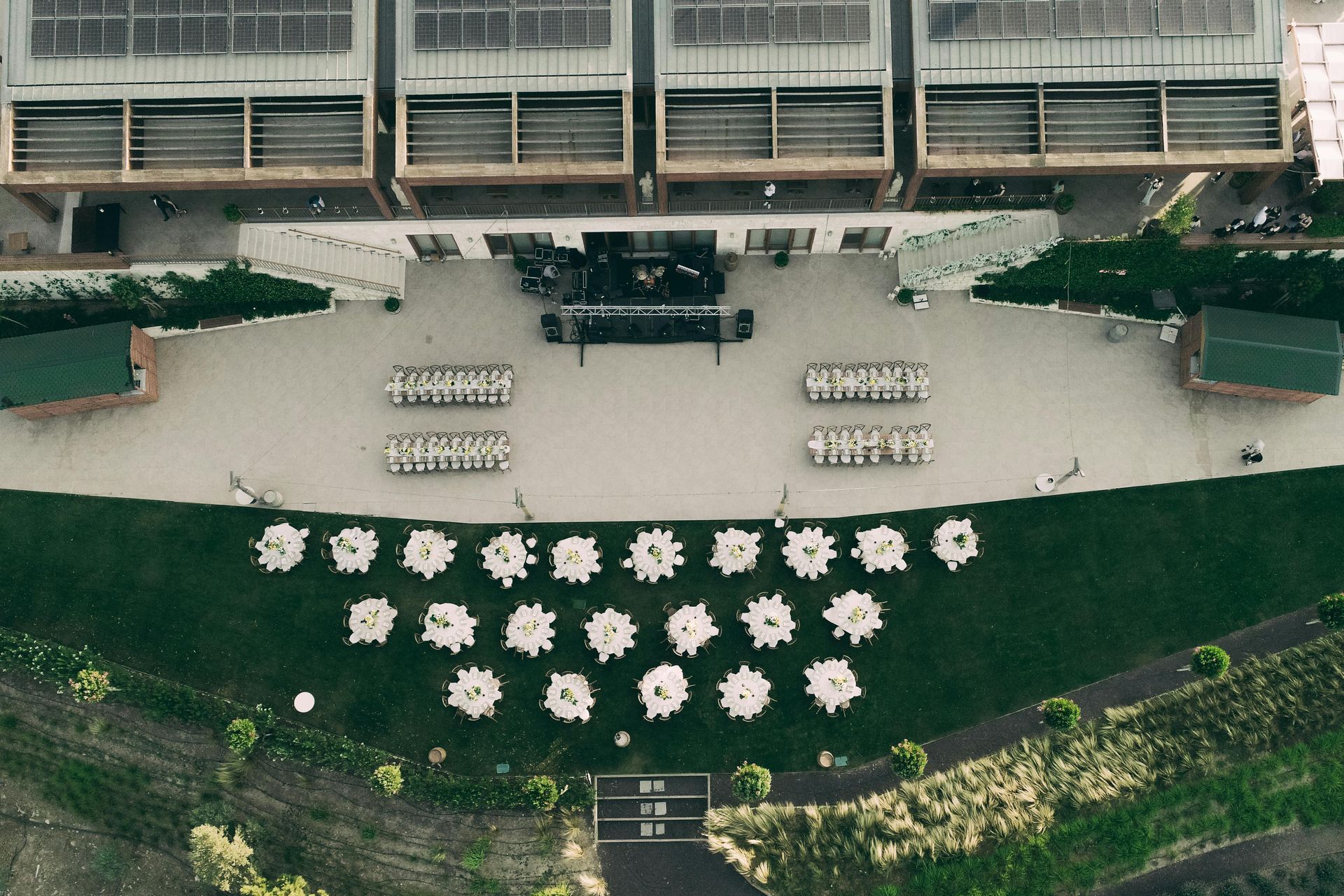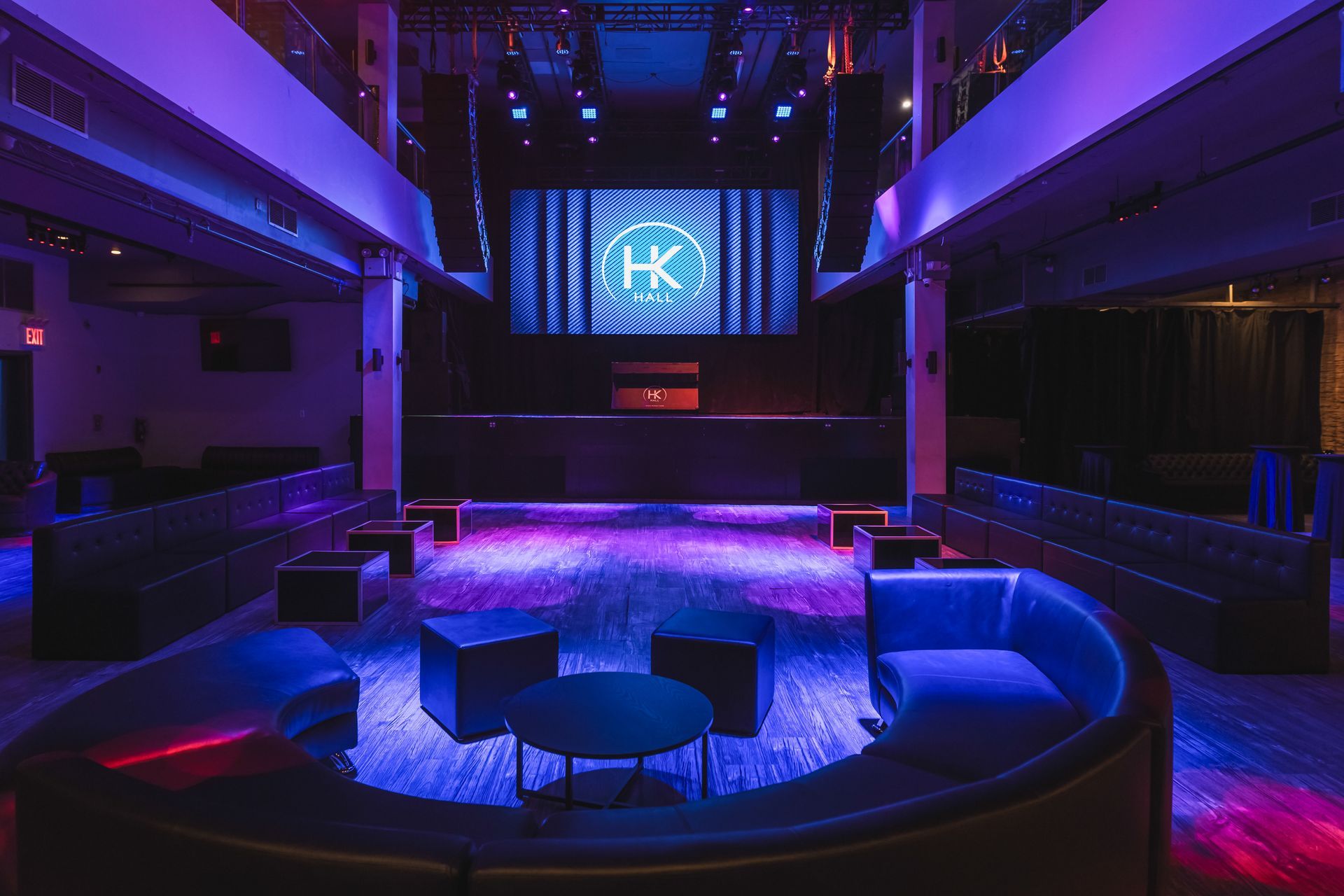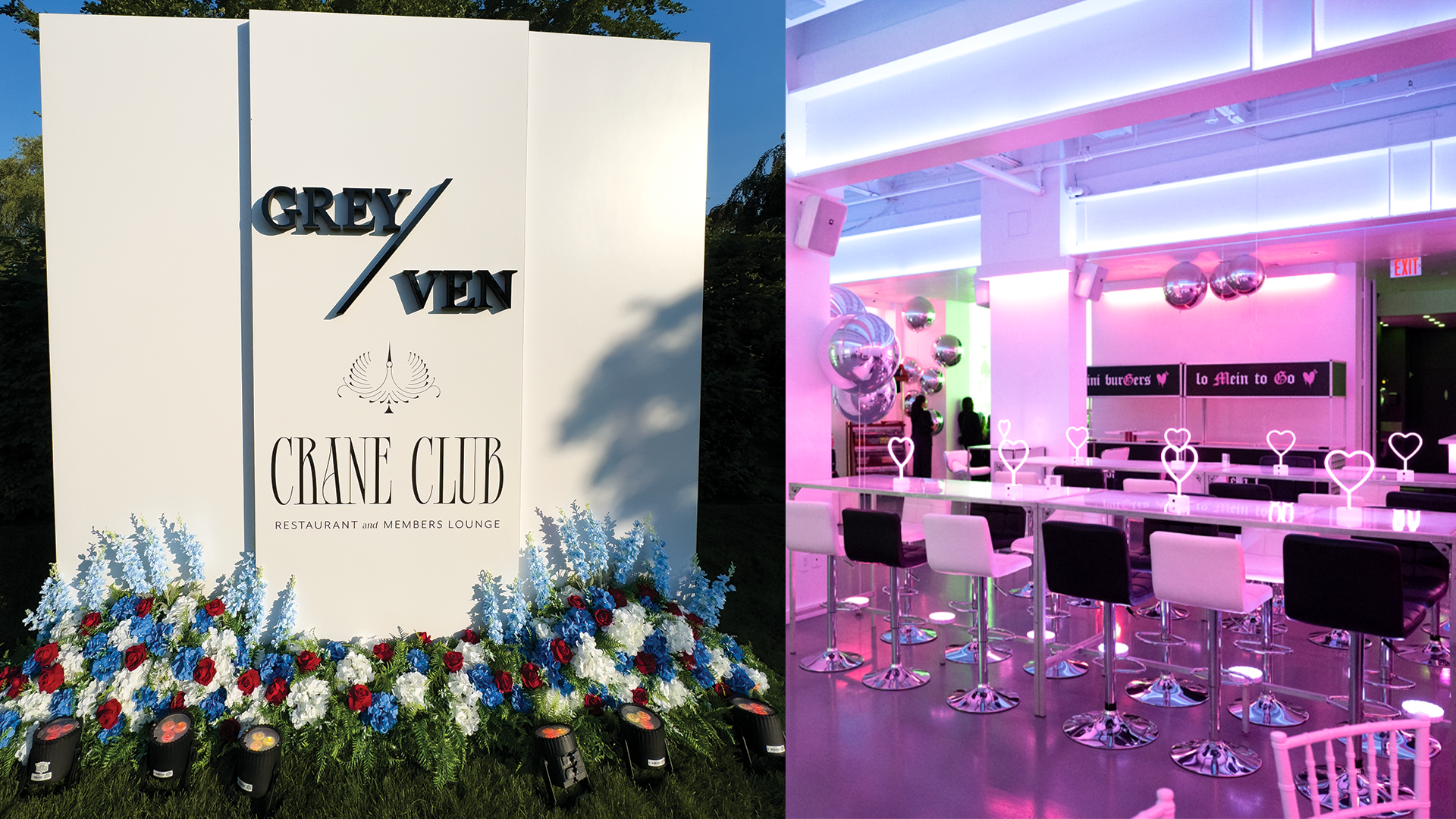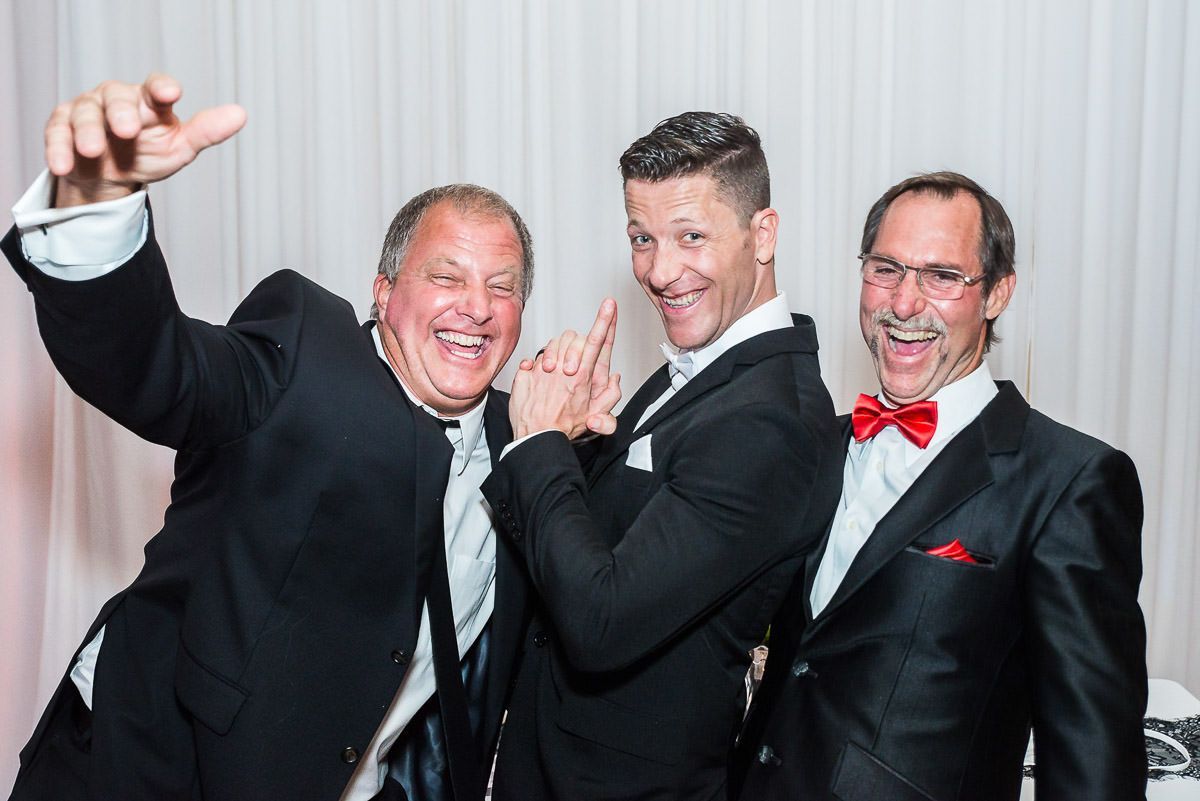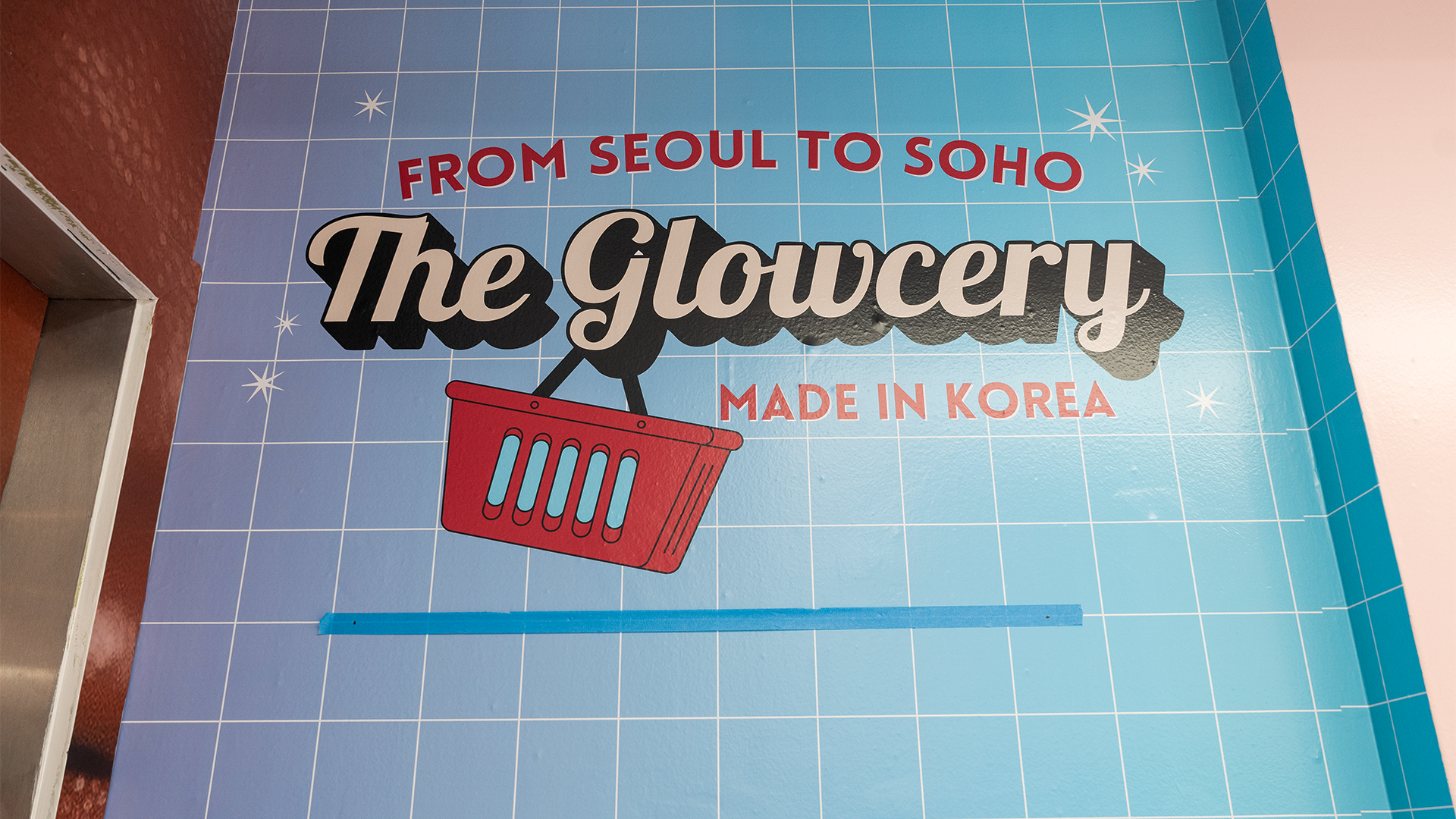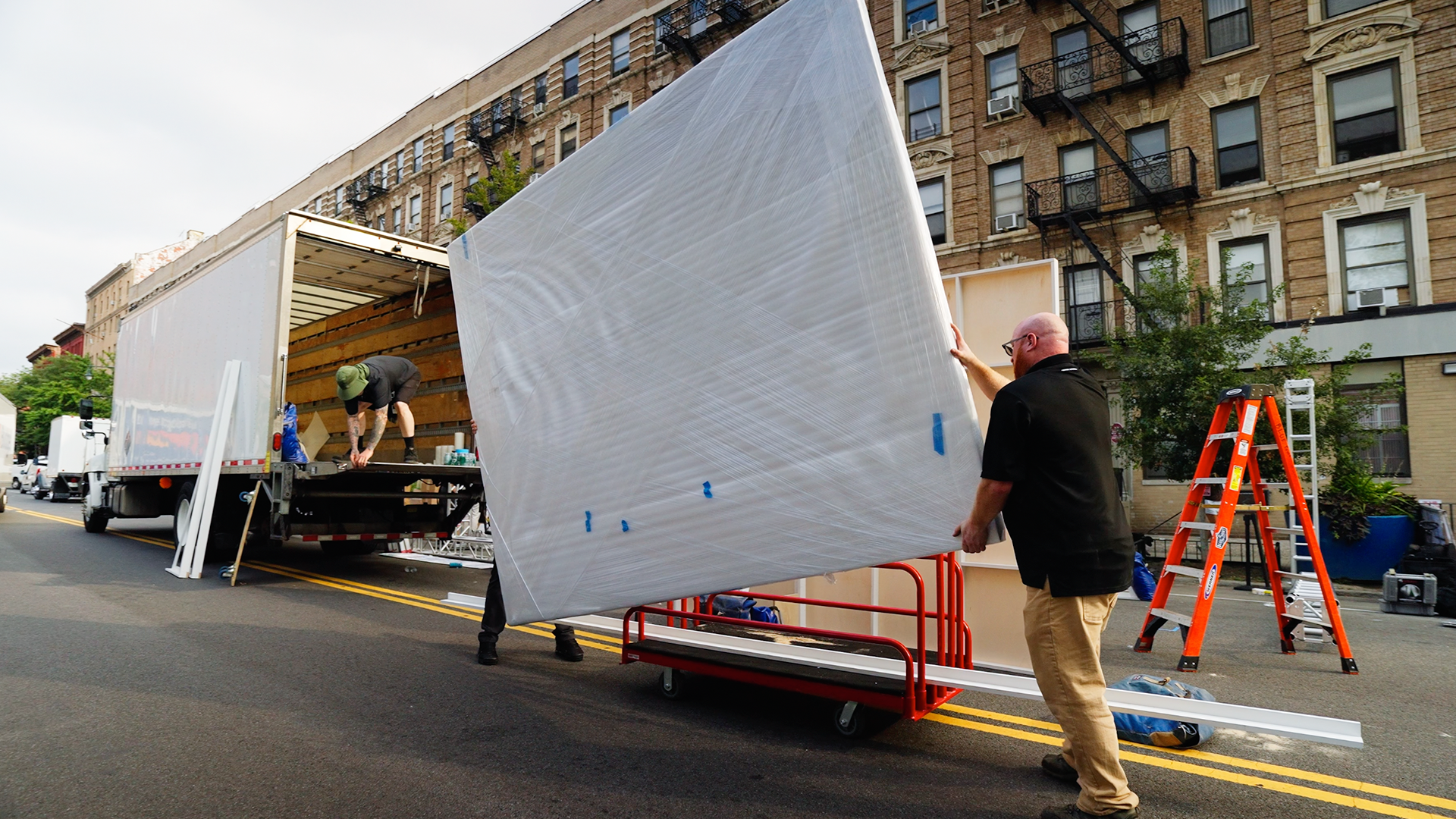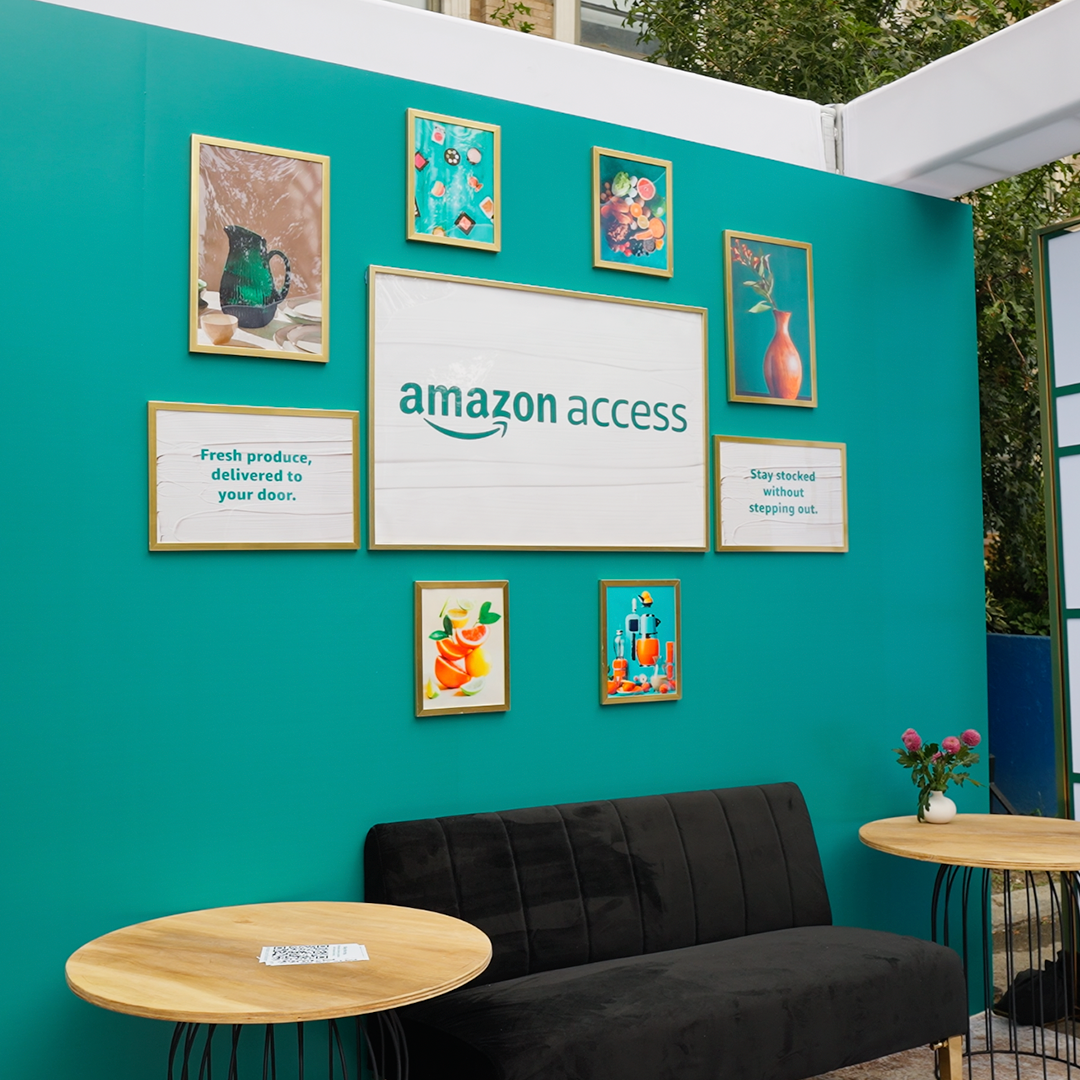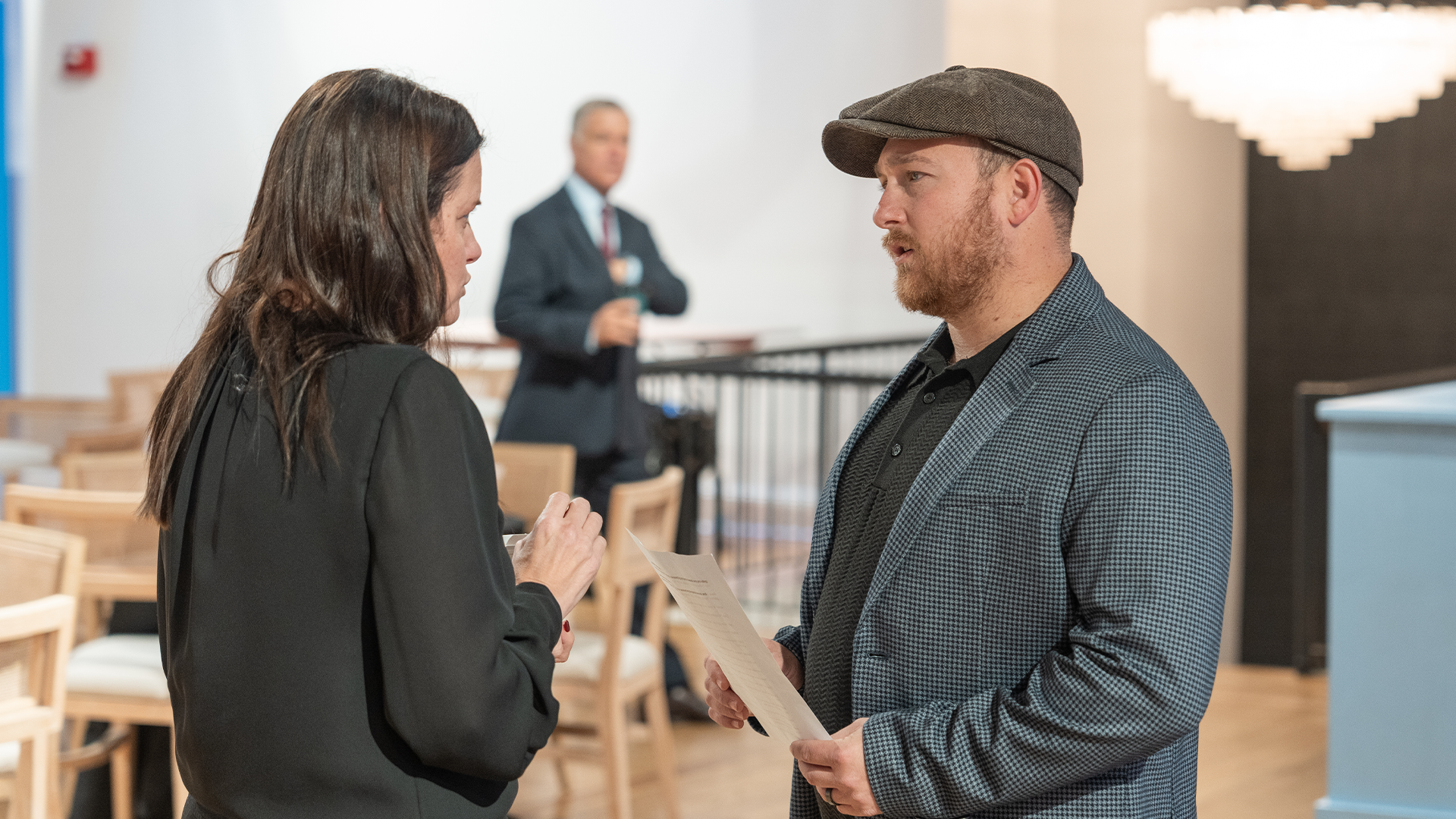How To Maintain A Work-Life Balance in the Event Production World
The world of event production is exciting, fast-paced, and deeply rewarding. Every event tells a story, and those of us who work behind the scenes have the unique privilege of helping that story come to life. But with that privilege comes a reality we all understand: event work doesn’t stop at 5 p.m. It often feels like a 24/7 commitment, spanning weeks or months of preparation, countless client conversations, design and production work, and the long days (and nights) of executing an event onsite.
So the question becomes: how do event professionals maintain a healthy work-life balance in a field that rarely slows down?
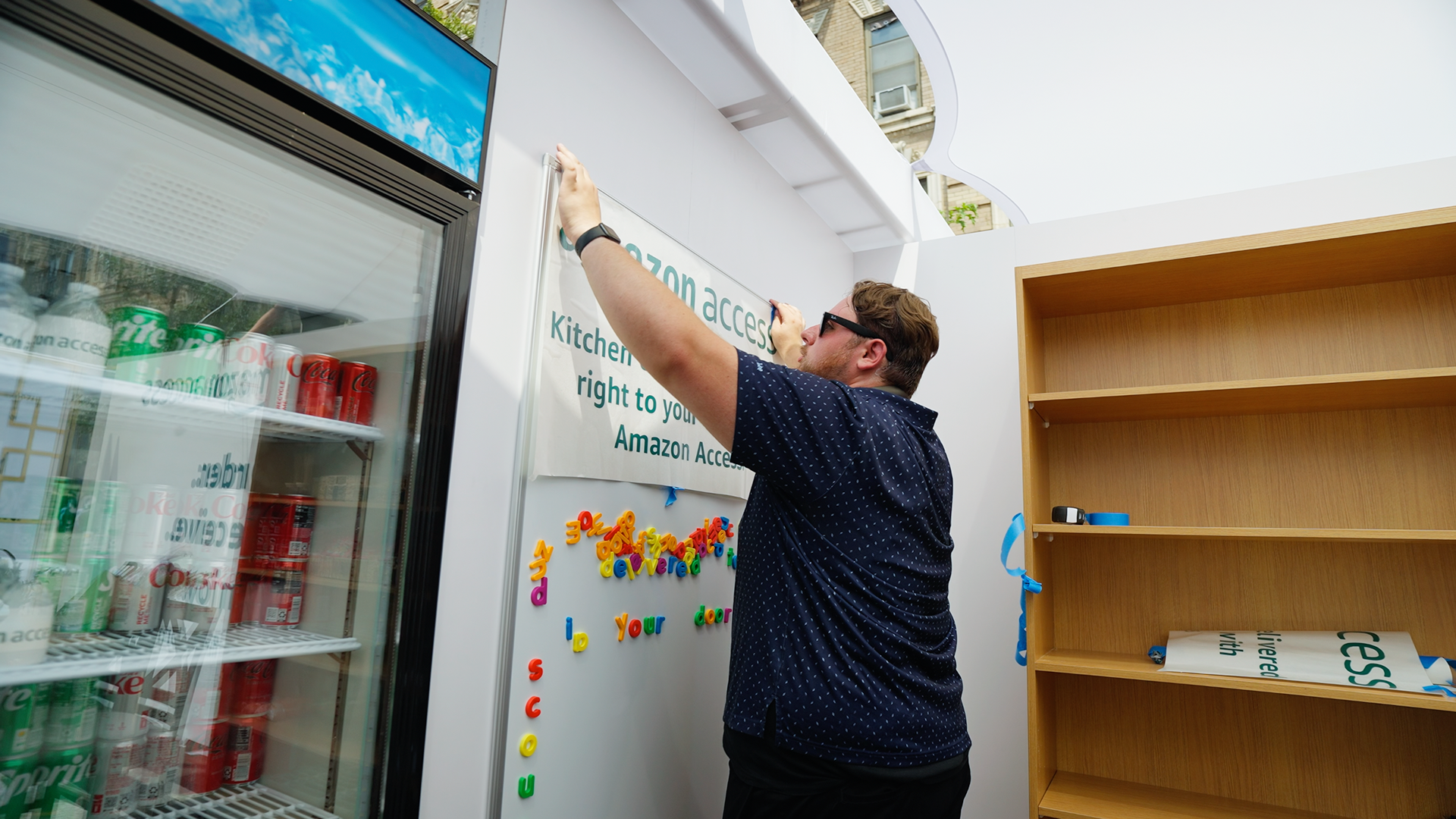
Why Event Production Work Feels Non-Stop
Events don’t just “happen”—they’re carefully orchestrated productions. Every detail requires time, precision, and coordination. Here’s a closer look at why event production can feel like a full-time, around-the-clock commitment:
Pre-Event Planning
This phase sets the foundation for every successful event. Event professionals draft detailed timelines that outline every task leading up to the big day, coordinate with multiple vendors to ensure deliveries and services are on schedule, and design floor plans that maximize space and flow. Additionally, managing client expectations through regular updates, revisions, and approvals takes careful communication and patience. Each of these tasks, while rewarding, requires careful attention to avoid last-minute surprises later on.
Creative Design & Production
Bringing a client’s vision to life goes beyond logistics. This includes staging, decor, and immersive elements that make an event memorable, as well as branding and graphic production such as vinyl prints, signage, and digital displays. Every creative element must be conceptually aligned, produced on time, and ready for installation—often under tight deadlines. This phase demands both creativity and meticulous project management.
Around-the-Clock Client Service
Events are high-stakes for planners and hosts, whether it’s a corporate conference, a wedding, or a university festival. That means clients expect quick answers and reassurance at all hours. An email late at night, a phone call on the weekend, or an urgent change request the morning of a big presentation—these are all part of the rhythm of event life. Providing that level of flexibility and service is part of what makes event professionals trusted partners, but it also contributes to the sense of being constantly plugged in.
Juggling Multiple Roles
Event professionals wear many hats. In the span of a single day, you might move from a customer service professional to an interior designer to a logistics coordinator. One moment you’re revising a floor plan, the next you’re reviewing branded decor proofs, and shortly after, you’re confirming arrival times with your team. The variety keeps the job interesting, but it also demands a high level of focus and adaptability.
On-Site Operations
Once the event day arrives, the planning transforms into real-time execution. Event professionals oversee builds, set up audiovisual systems, run presentations, and coordinate multiple teams working in tandem. They must ensure that every element—from lighting cues to catering service—is seamless, all while remaining flexible for unforeseen changes. The goal is a flawless experience for attendees, which requires constant attention and problem-solving on the spot.
Last-Minute Surprises
No matter how thorough the planning, unexpected requests or changes are inevitable. A new event inquiry may come in for that week that needs immediate attention, a client might want to expand on their event, weather conditions can present sudden new challenges to your event, the list goes on. Handling these moments requires quick thinking, resourcefulness, and a calm approach, which adds to the sense of being “always on.”
Combined, these phases illustrate why event production is a multi-layered, high-energy career. Balancing planning, creativity, execution, and flexibility is both challenging and deeply rewarding—but it also highlights why maintaining work-life balance is essential.
Practical Ways to Maintain Work-Life Balance
Even in the wild world of event production, it's important to maintain a healthy work-life balance. The proper level of that balance is different for everyone, but here are some healthy practices to keep you on the right track:
Efficiently Managing Communications
It's crucial to be proactive in keeping clients and team members informed: Clear communication about timelines, next steps, and updates helps prevent follow-ups and reduces confusion. Proactively providing information shows attentiveness without requiring constant availability.
It's also helpful to leverage collaborative tools. Shared online platforms like Google Docs or Sheets for timelines and other important information allow teams to track details in real time, reducing the need for repeated check-ins.
By organizing communications strategically, you can remain fully attentive to clients and colleagues while also maintaining the focus and energy needed to deliver flawless events.
Embrace Teamwork and Delegation
Event production is always a team effort, yet it’s easy to fall into the trap of taking everything on yourself. Trusting colleagues and vendors to handle their responsibilities not only strengthens relationships but also frees up mental bandwidth. Strong delegation ensures no one person is carrying the entire weight of the event.
Prioritize Physical and Mental Wellness
The long days of event builds and tear-downs can take a toll. Incorporating small but consistent wellness practices can make a big difference:
Taking a brisk walk or stretch break between calls.
Packing balanced meals and staying hydrated on-site.
Practicing mindfulness techniques—such as a five-minute meditation—before a big event day.
Nurturing Hobbies and Personal Interests
In the fast-paced world of event production, it’s easy to let personal interests take a back seat. Yet maintaining hobbies outside of work is a powerful way to recharge, spark creativity, and reduce stress. Whether it’s painting, playing an instrument, cooking, reading, or even a weekly sports league, dedicating time to activities you enjoy helps maintain perspective and energy.
Hobbies don’t just provide relaxation—they also contribute to professional performance. Creative outlets can inspire new ideas for events, while physical activities improve focus and endurance for long event days. Scheduling regular time for your interests, even in small increments, creates balance and ensures that your personal passions remain an important part of your life.
Build Support Systems
Having people around you who understand the demands of event production is invaluable. This could be colleagues, mentors, or family members who can offer encouragement when the schedule gets intense. Leaning on these relationships helps balance the emotional side of high-pressure work.
Healthy Ways to De-Stress
Even when an event is a success, the adrenaline rush can linger long after the lights go down. Taking intentional steps to decompress helps maintain energy, creativity, and overall well-being. Here are several effective ways to transition from “event mode” back into personal mode:
Exercise
Physical activity is one of the most effective ways to relieve stress and reset your mind. This doesn’t have to be a full workout—consider a brisk walk, a yoga session, a short run, or even a few stretches at home. Exercise helps reduce cortisol levels, improve mood, and clear your head after a high-intensity event day.
Disconnect
Technology keeps us connected to every detail of event production, but it can also keep our brains running 24/7. Designate periods to power down devices, silence notifications, or step away from project management tools. Even a few hours of intentional disconnection allows your mind to rest, helping you return to work more focused and energized.
Reflect and Celebrate
Take time to acknowledge your team’s accomplishments and the successes of the event itself. Journaling highlights, sharing wins with colleagues, or reviewing what went well during debriefs fosters a sense of closure. Reflection also provides an opportunity to identify lessons learned, setting the stage for even smoother events in the future.
Closing Thoughts
Event professionals thrive in an industry that demands passion, dedication, and flexibility. But the same energy we pour into creating experiences for others must also be invested in ourselves. By setting boundaries, leaning on teamwork, practicing wellness, and carving out time to recharge, we can sustain long, fulfilling careers in the dynamic world of event production—without sacrificing our personal lives along the way.
Work-life balance isn’t about slowing down the events world—it’s about finding your own pace within it.
